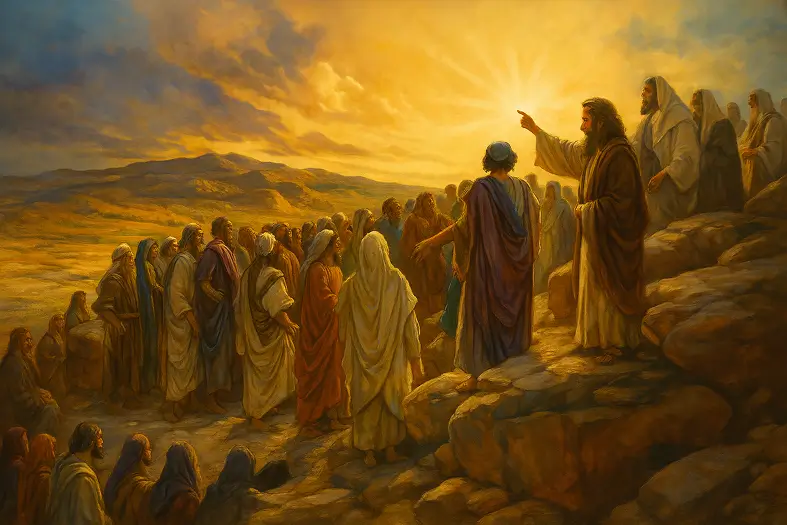


It is forbidden to make peace treaties or binding covenants with the nations of the land that would enable idolatry to continue.
This mitzvah prohibits Israel from entering treaties that would affirm or legitimize idolaters and their gods. Rambam (Hilchot Avodat Kochavim 10:1–4) teaches that covenants which allow idolaters to remain entrenched in their worship in Eretz Yisrael violate this commandment. The Torah insists that idolatry not be given legitimacy or permanence through political or legal agreements.
Talmud (Avodah Zarah 20a) explains that such covenants risk assimilation and normalization of idol-worship. Rashi (Exod. 23:32) comments that treaties with idolaters imply acceptance of their gods, which undermines faith in Hashem. Ramban stresses that this mitzvah prevents Israel from being spiritually ensnared by foreign worship. Sefer HaChinuch (Mitzvah 426) explains that the Torah’s aim is to protect Israel from influence and to preserve its covenant exclusively with Hashem.
Commentary & Classical Explanation:
Contrast with…
Parallel to…
Awe Amidst Modern Power
Ethical Restraint in Globalization
Community Boundaries
Technology & Media Impact
Public Jewish Identity


Mitzvot that prohibit worship of false gods and practices associated with idol worship.
Mitzvot that strengthen communal life — showing up, participating, supporting, and belonging. Community is where holiness is shared, prayers are multiplied, and responsibility becomes collective.
Represents Emunah—the deep, inner trust in Hashem’s presence, oneness, and constant involvement in our lives. This badge symbolizes a heartfelt connection to G-d, rooted in belief even when we cannot see. It is the emotional and spiritual core of many mitzvot.
Signifies awe and reverence toward Hashem—living with awareness of His greatness and presence.
Tied to the eternal covenant between G‑d and the Jewish people, including signs like brit milah and Shabbat.
Mitzvot that define and deepen the relationship between a person and their Creator. These include commandments involving belief, prayer, Shabbat, festivals, sacrifices, and personal holiness — expressions of devotion rooted in divine connection.
Mitzvot that govern ethical behavior, kindness, justice, and responsibility in human relationships. These actions build trust, dignity, and peace between people.

Dive into mitzvos, prayer, and Torah study—each section curated to help you learn, reflect, and live with intention. New insights are added regularly, creating an evolving space for spiritual growth.

Explore the 613 mitzvos and uncover the meaning behind each one. Discover practical ways to integrate them into your daily life with insights, sources, and guided reflection.

Learn the structure, depth, and spiritual intent behind Jewish prayer. Dive into morning blessings, Shema, Amidah, and more—with tools to enrich your daily connection.

Each week’s parsha offers timeless wisdom and modern relevance. Explore summaries, key themes, and mitzvah connections to deepen your understanding of the Torah cycle.